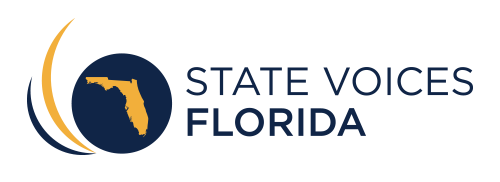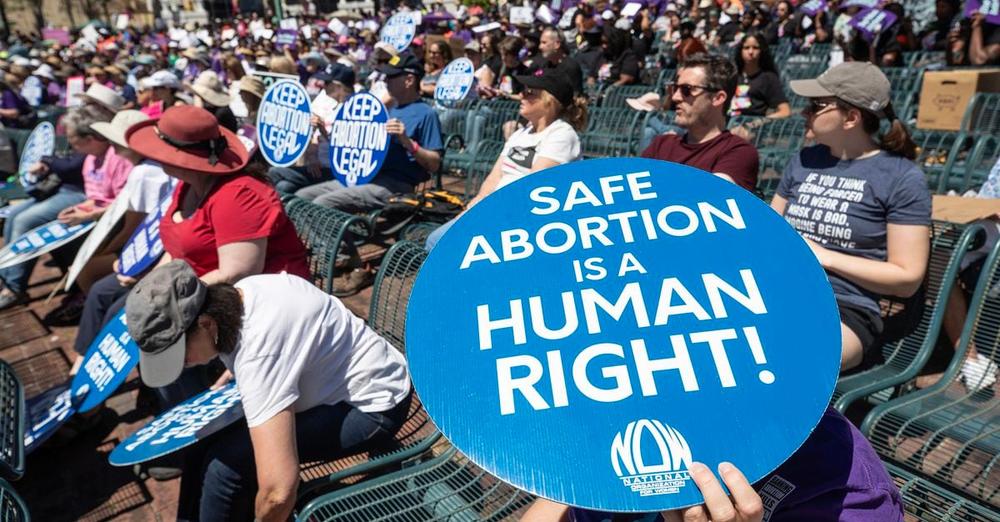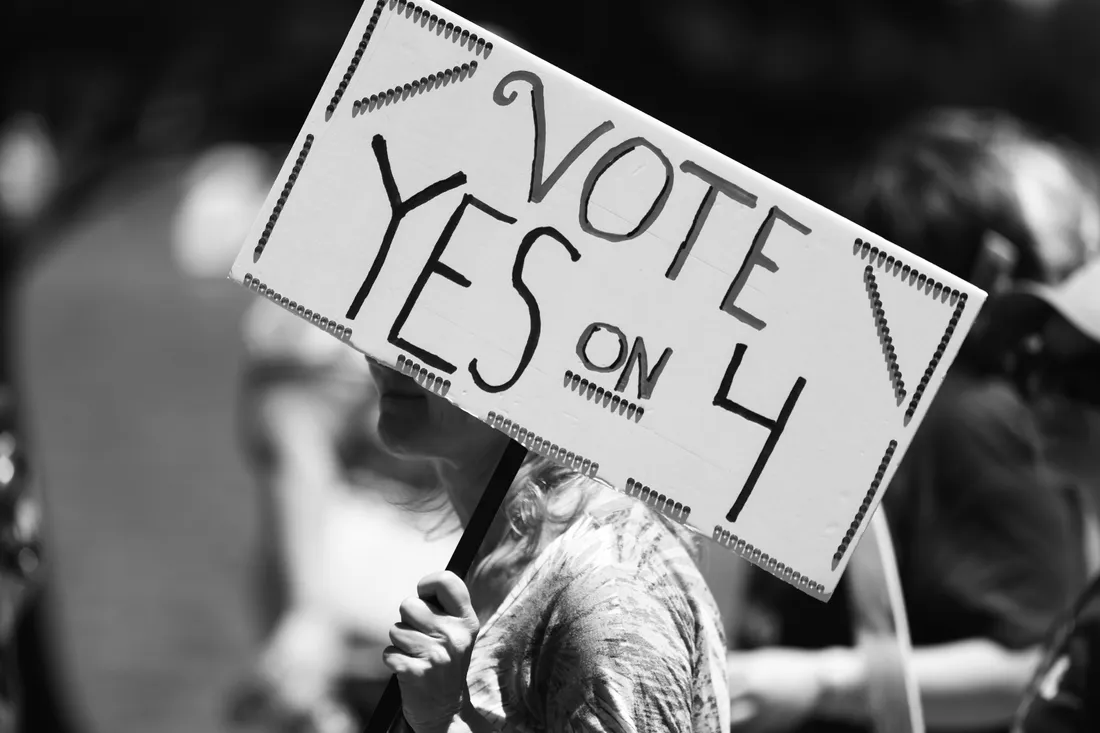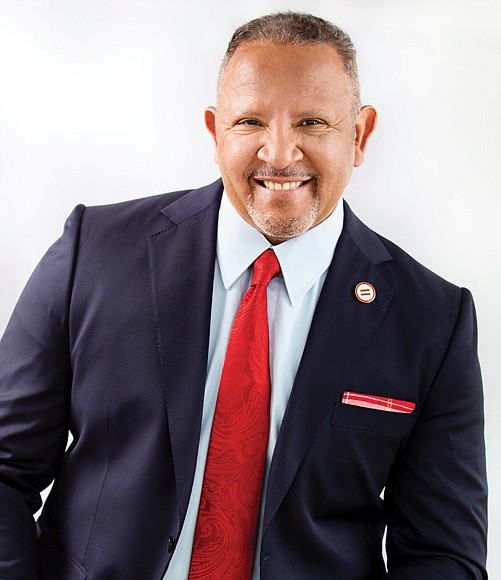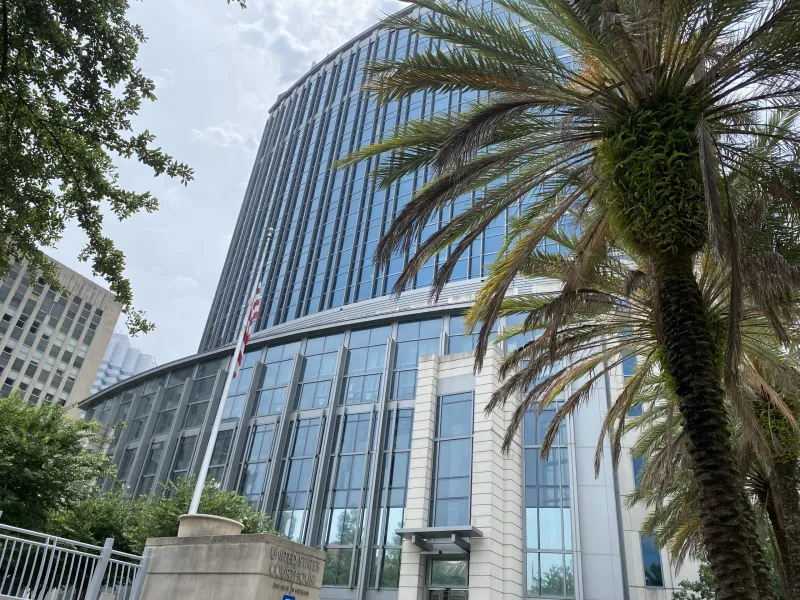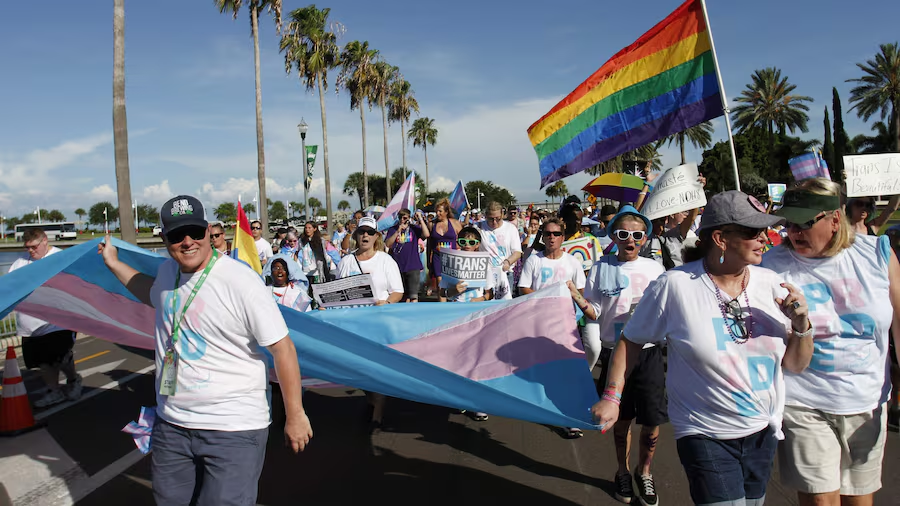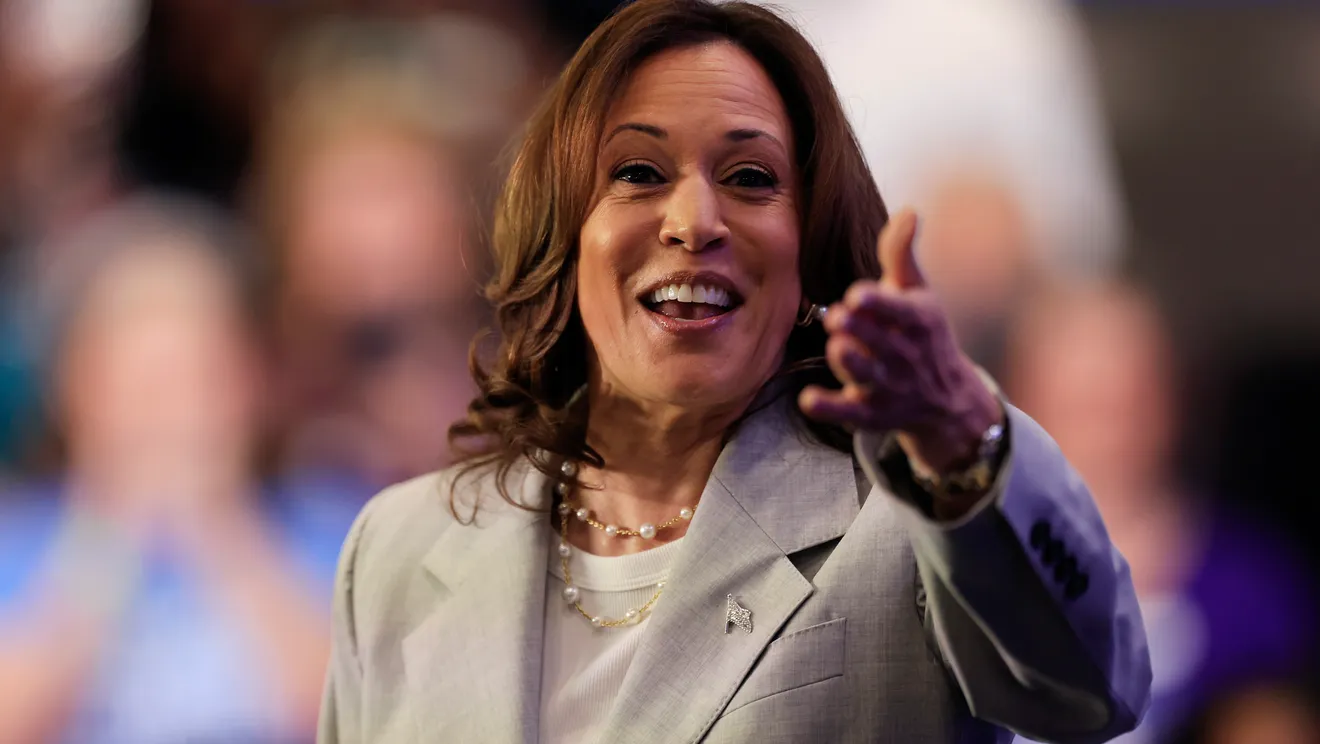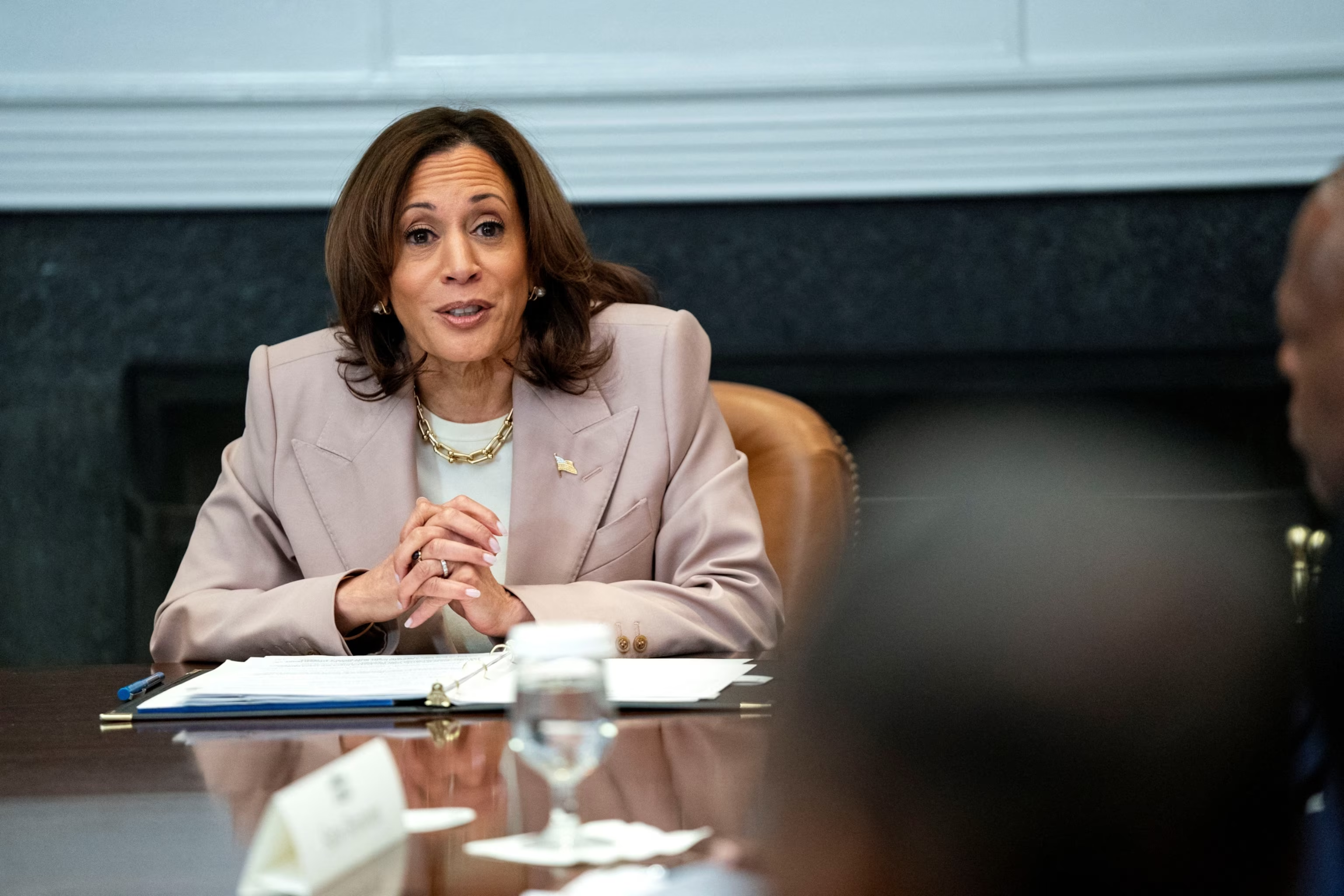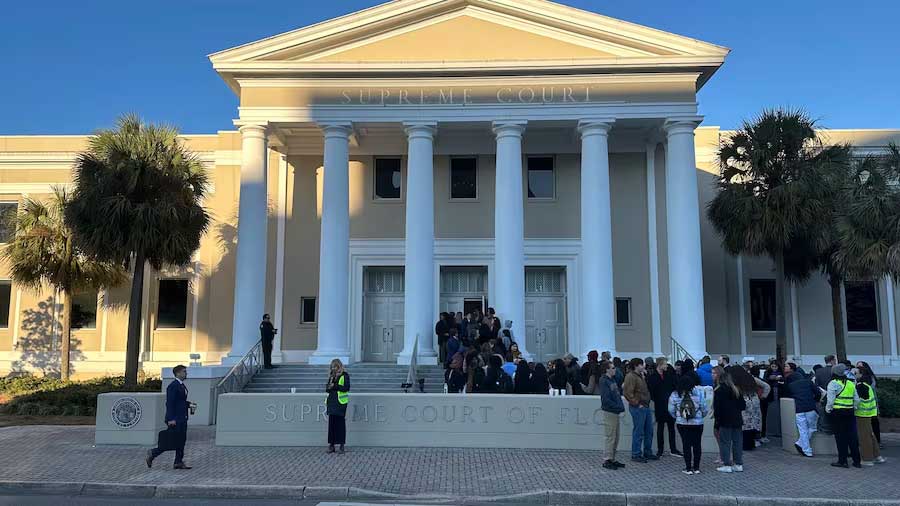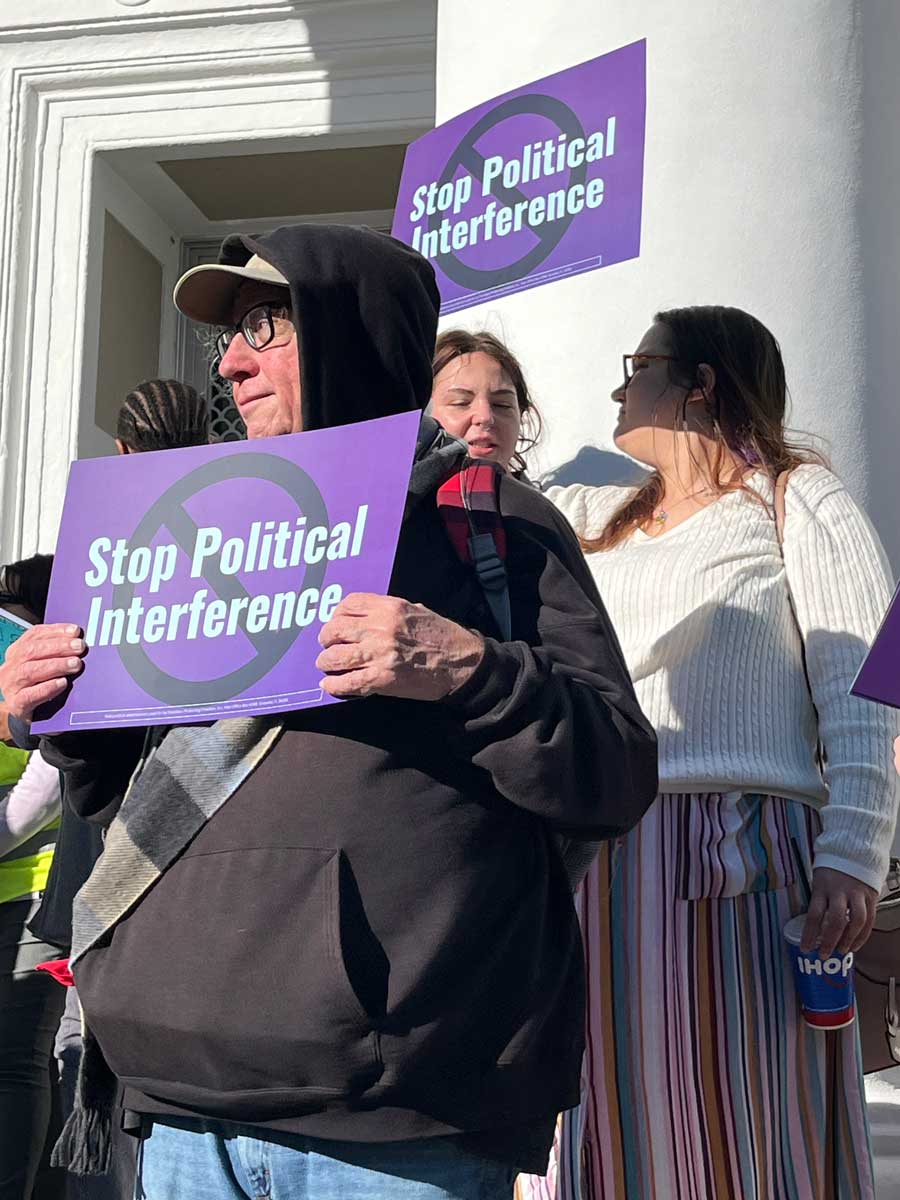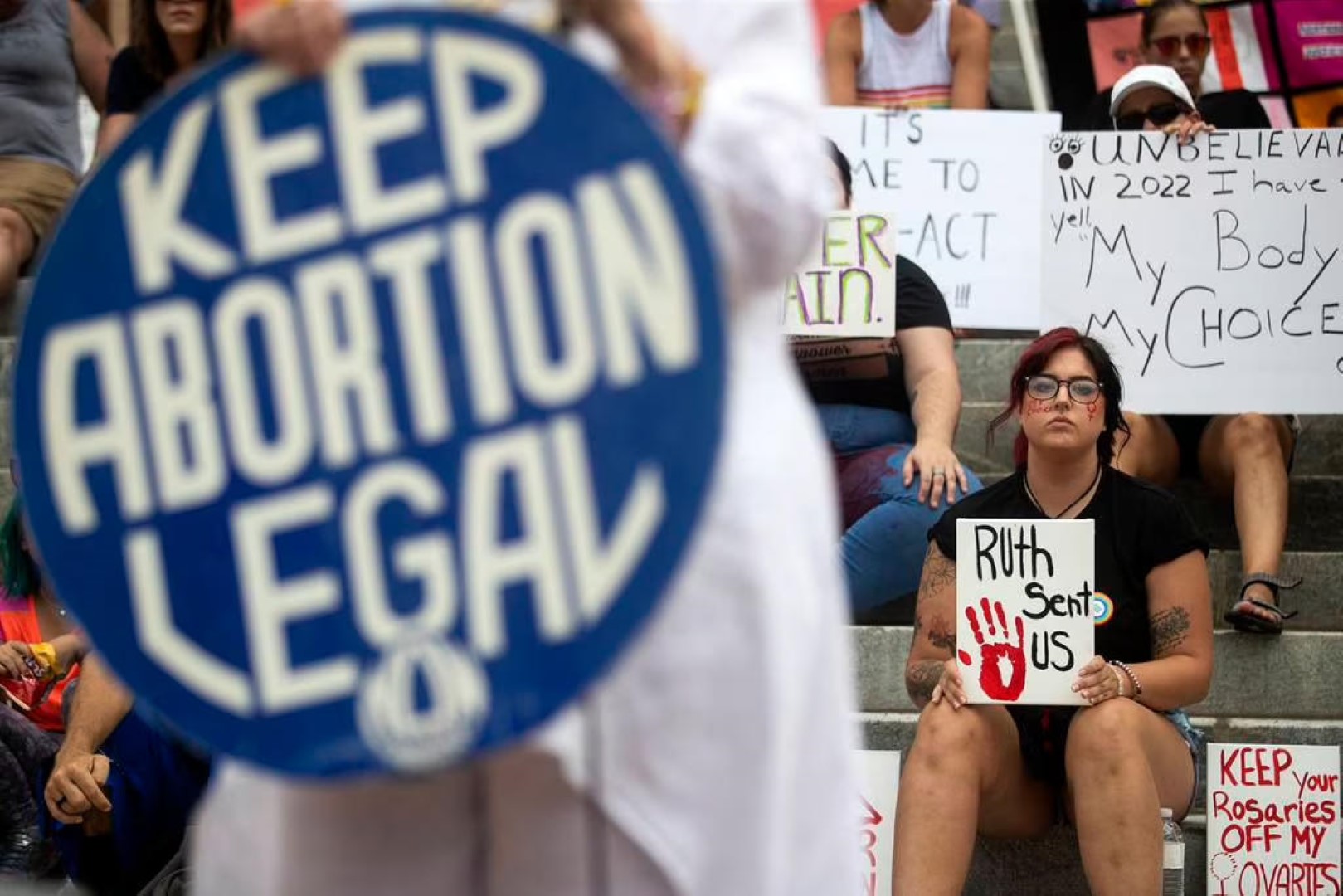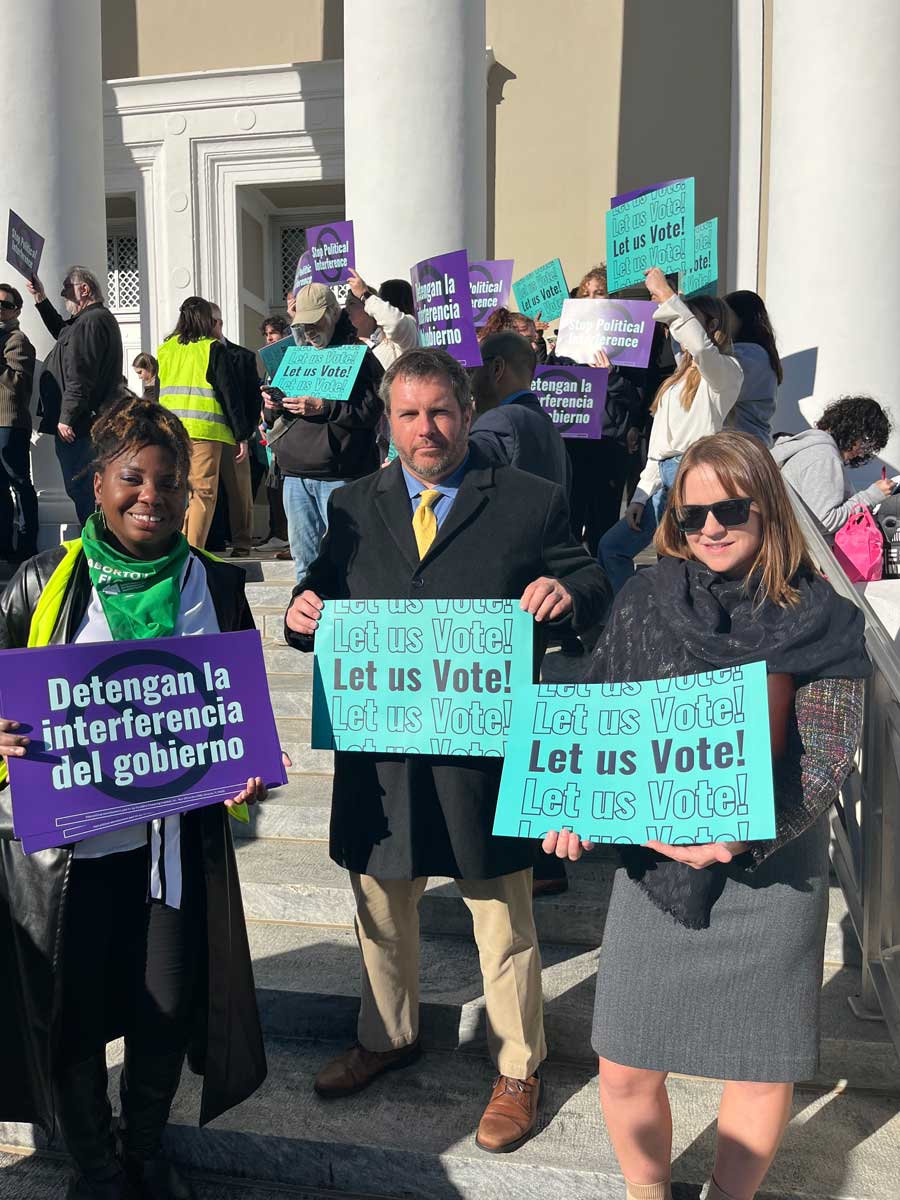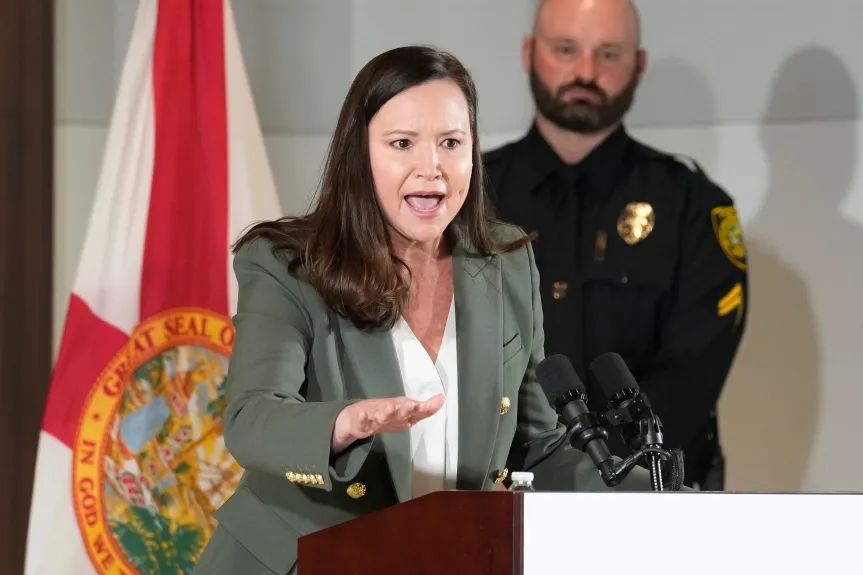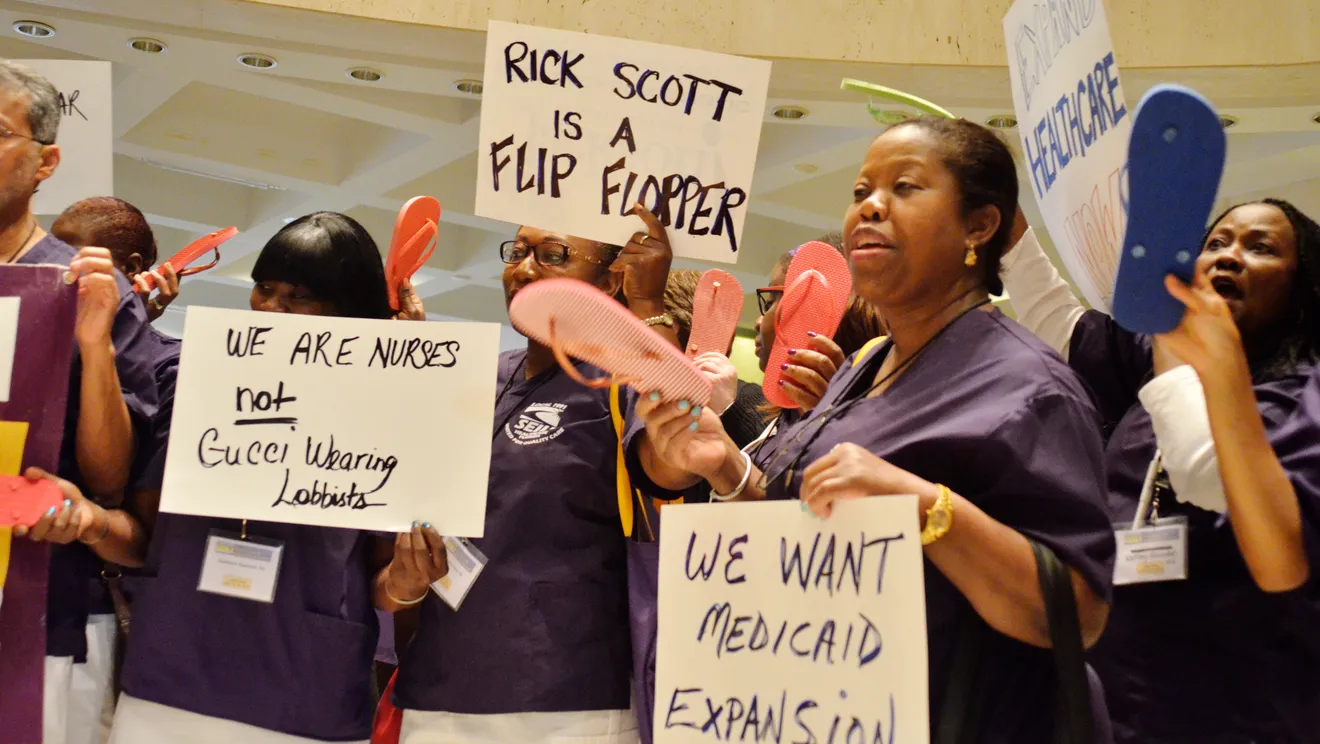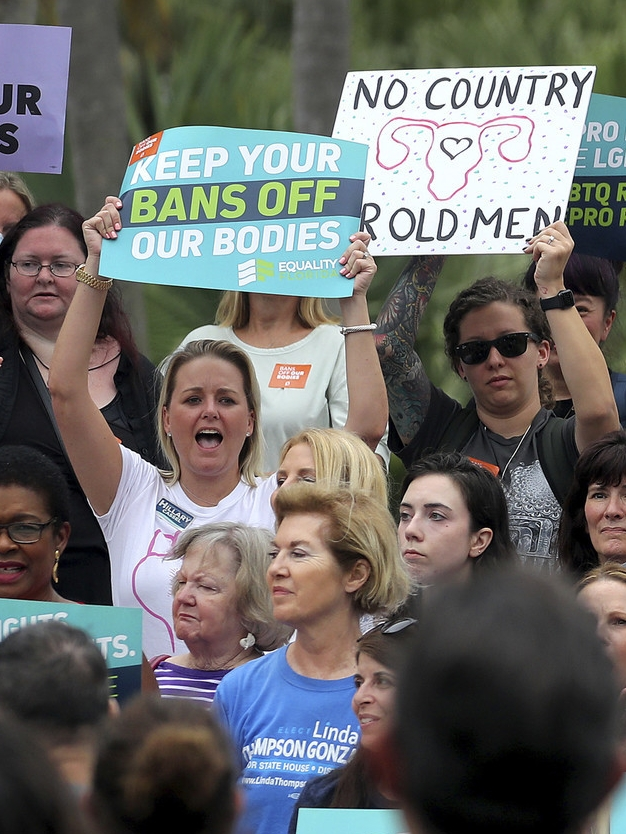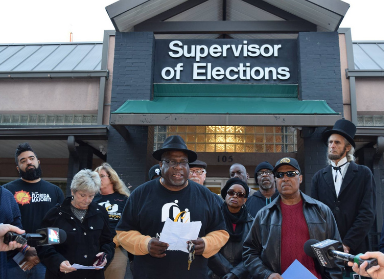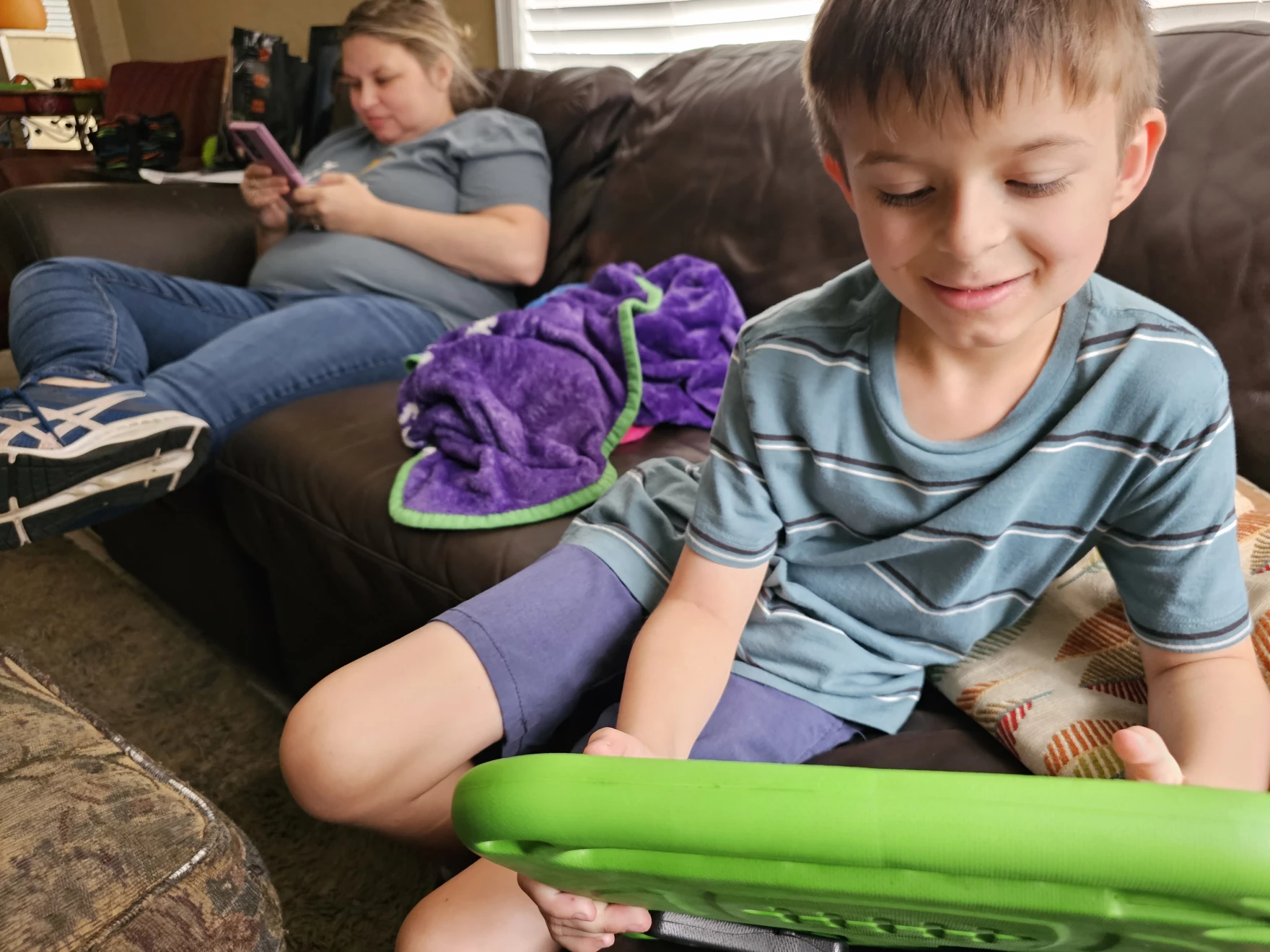Republican politicians are attacking Gov. Ron DeSantis after revelations that his administration may have lost $160 million in Medicaid funding.
Critics include U.S. Sen. Rick Scott, DeSantis’ predecessor in the Governor’s mansion.
State Rep. Alex Andrade, a Pensacola Republican chairing the House Health Care Budget Subcommittee, said DeSantis’ administration disclosed to the Legislature that the funding through the Agency for Health Care Administration (AHCA) and a federal fine needed to be accounted for in the state budget.
“We gave AHCA $160 million to pay a federal fine/disallowance,” Andrade said.
“Instead of using the money to pay the fine, AHCA put the money in the wrong bank account essentially, and used it for cash flow for the past two years. Because they only reconciled their accounts once a year, they didn’t catch the issue until it was too late. It reeks of incompetence, like DeSantis has been asleep at the wheel on the day-to-day administration of the Medicaid program.”
The issues appear to have occurred while Jason Weida served as AHCA Secretary. In February, DeSantis named Weida as his Chief of Staff.
Florida’s ballot initiative process has long been a beacon of direct democracy, a way for everyday Floridians to make their voices heard when politicians fail to represent their values. This process has enabled the public to pass landmark amendments on issues ranging from minimum wage increases to voting rights.
Amendment 4 – a new constitutional amendment aimed at securing abortion access- underwent a rigorous governmental approval process. But now, the State’s recently created election police force is investigating that same petition process as a tool to attack democracy. The Florida Secretary of State is also pushing highly dubious “fraud” claims while providing no evidence that anything was done wrong.
The amendment process, which allows citizens to propose changes to the state constitution, is not only legal but a critical part of our democracy. The sheer number of signatures required for an amendment to make it onto the ballot, combined with the hurdles of fundraising and organizing, ensure that only proposals with broad public support even have a chance of success.
The petition drive for Amendment 4 reflects just such a groundswell of public support. But rather than respecting the will of the people, state officials are using law enforcement to try to quash this effort.
On a recent Saturday afternoon, volunteers with Floridians Protecting Freedom, the group behind the state’s abortion-rights ballot measure, trudge up a street lined with waterfront mansions and Trump-Vance 2024 yard signs. They’ve been knocking on doors in Tarpon Springs — a red city in a bellwether county near Tampa that Joe Biden won by just a few thousand votes — for nearly two hours in 100-degree heat. Amy, 56, a petite brunette who drives an SUV covered in white-marker slogans like “Crooked Donald” and “No to Project 2025,” and Joseph, 64, a white-haired man wearing a purple “Yes on 4” T-shirt, haven’t had much luck. The voters on their list either weren’t home, ignored their knocks, or, in one instance, shouted “no” and slammed the door at the sight of them.
Last week in Chicago, the National Urban League joined with the Brennan Center and Democracy SENTRY for a conversation on voting rights.
“One of the first things I want to do, should we have the presidency and keep the majority, is change the rules and enact both the Freedom to Vote Act and the John Lewis Act,” keynote speaker Senate Majority Leader Chuck Schumer said.
He later told reporters, “This is vital to democracy. This is not just another extraneous issue. This is the wellspring of it all.”
The sentiment was echoed by Vice President Kamala Harris in her acceptance speech, when she noted that among the “fundamental freedoms” at stake in the election is “the freedom that unlocks all the others: the freedom to vote.”
When the Supreme Court stripped the pre-clearance provision from the Voting Rights Act, Chief Justice John Roberts argued that “the conditions that originally justified these measures no longer characterize voting in the covered jurisdictions.”
A “computer error” and bad data from third-party vendors led Florida to wrongfully strip Medicaid coverage from residents, including new mothers who were denied postpartum care, federal testimony revealed Monday.
Will Roberts, a government operations consultant in the unit of Florida’s Department of Children and Families that decides if people are eligible for new or continued Medicaid coverage, confirmed some widespread problems that led the state to wrongly deny insurance to eligible Floridians.
Plaintiffs relied on Roberts’ testimony, the second so far in a bench trial overseen by U.S. District Judge Marcia Morales Howard, in their class-action challenge alleging Florida violated patients’ rights when it removed medical coverage from millions of Floridians without proper notice.
Roberts confirmed that due to a “computer system problem” in the software that Florida jointly operates with Deloitte Consulting LLP, at least some eligible women in Florida have been denied a year of continuous Medicaid coverage that they were entitled to after giving birth.
TALLAHASSEE — Florida’s restrictions on medical care for transgender children are unconstitutional, a federal judge ruled Tuesday as he struck down a signature priority of Gov. Ron DeSantis.
U.S. District Judge Robert Hinkle’s decision invalidates much of a 2023 law and rules approved by state boards prohibiting children from accessing medical treatments for gender dysphoria, such as puberty blockers and hormones.
“Florida has adopted a statute and rules that ban gender-affirming care for minors even when medically appropriate,” Hinkle wrote in his 105-page order. “The ban is unconstitutional.”
Attorneys that represented the transgender plaintiffs argued that the law signed by DeSantis was an act of discrimination and “animus” against transgender people. The state said it was targeting the treatments, not transgender people themselves.
In his ruling, Hinkle, who was appointed to the bench by former President Bill Clinton, said that it was “clear that anti-transgender animus” motivated bill sponsors and some legislators who approved the law.
“Transgender opponents are of course free to hold their beliefs,” Hinkle wrote. “But they are not free to discriminate against transgender individuals just for being transgender. In time, discrimination against transgender individuals will diminish, just as racism and misogyny have diminished. To paraphrase a civil-rights advocate from an earlier time, the arc of the moral universe is long, but it bends toward justice.”
All Voting is Local Action and the below-signed organizations are deeply concerned about the attached email sent by Director Maria Mathews to supervisors of elections on May 15, 2024, directing them to conduct voter registration list maintenance under Sections 98.045(2), 98.065, or 98.075(6)-(7) of Florida Statutes, using data produced by a private citizen affiliated with EagleAI. Such action would likely violate state and possibly federal law and improperly jeopardize the voting status of thousands of Floridians.
According to the email sent by Director Matthews, a concerned citizen shared a list of approximately 10,000 Florida voters who they asserted should be examined for list maintenance. The email’s sender said the list was generated with the assistance of EagleAI. EagleAI is a list-matching database that relies exclusively on publicly available information, all of which is insufficient to determine whether a voter is eligible to vote at their registration address. According to Georgia Elections Director Blake Evans, “EagleAI draws inaccurate conclusions and then presents them as if they are evidence of wrongdoing.”1
Hours after Florida enacted a strict six-week abortion ban, Vice President Kamala Harris spoke in Jacksonville against it — and against similar efforts across the country to restrict the procedure.
Harris tied the bans to former President Donald Trump who she said has “bragged” about ending national abortion protections through his appointments of three conservative Supreme Court justices.
“Here’s what a second Trump term looks like: more bans, more suffering, less freedom,” Harris said during her campaign speech in Jacksonville Wednesday. “But we are not going to let that happen.”
Her speech against what she called “Trump abortion bans” came as the Southeast grapples with how to provide abortion care not just to Florida residents, but to the surrounding region that had come to rely on the state’s access.
Vice President Kamala Harris will travel to Jacksonville, Florida, on Wednesday, to focus on abortion access — the same day the state’s six-week abortion ban goes into effect.
During her remarks, Harris plans, again, to tie the state’s ban to former President Donald Trump and blame him for the other bans currently seen in much of the country, according to excerpts obtained by ABC News.
Harris will also respond to Trump’s latest comments on abortion, from a Time magazine story, where he said he would leave it up to the states to decide whether or not they want to monitor women’s pregnancies to determine if someone gets an abortion after their state’s legal ban and then prosecute them.
Floridians Protecting Freedom gathered petitions to put the constitutional amendment on the ballot.
Abortion rights will be on the Florida ballot in November.
The Florida Supreme Court has approved ballot language for a proposed constitutional amendment. The measure will appear as Amendment 4 on the ballot.
Of note, the court on the same day it approved the ballot language also upheld a state law barring most abortions 15 weeks into pregnancy, and then also triggered a new state law that, beginning in 30 days, will bar most abortions six weeks into a term.
Floridians Protecting Freedom gathered petitions to put the constitutional amendment on the ballot.
Abortion rights will be on the Florida ballot in November.
The Florida Supreme Court has approved ballot language for a proposed constitutional amendment. The measure will appear as Amendment 4 on the ballot.
Of note, the court on the same day it approved the ballot language also upheld a state law barring most abortions 15 weeks into pregnancy, and then also triggered a new state law that, beginning in 30 days, will bar most abortions six weeks into a term.
Floridians Protecting Freedom gathered petitions to put the constitutional amendment on the ballot.
Abortion rights will be on the Florida ballot in November.
The Florida Supreme Court has approved ballot language for a proposed constitutional amendment. The measure will appear as Amendment 4 on the ballot.
Of note, the court on the same day it approved the ballot language also upheld a state law barring most abortions 15 weeks into pregnancy, and then also triggered a new state law that, beginning in 30 days, will bar most abortions six weeks into a term.
State Voices joined with other supporters outside of the Florida Supreme Court in support of Amendment 4. This is the abortion ballot initiative that would legalize reproductive freedom in the Florida Constitution. The Florida Supreme Court reviewed the ballot language on Wednesday, February 7. As Communications Director Larry Hannan explains in the video below, the Supreme Court reviewed whether the ballot language was clear for voters.
Larry was one of the many who showed up for the Supreme Court oral argument to show their support for reproductive freedom. Now that the ballot signature requirement has been achieved we still have the challenge of getting people to the polls in November. Polling shows that the majority of Floridians support Amendment 4, but we must get to 60% to win.
